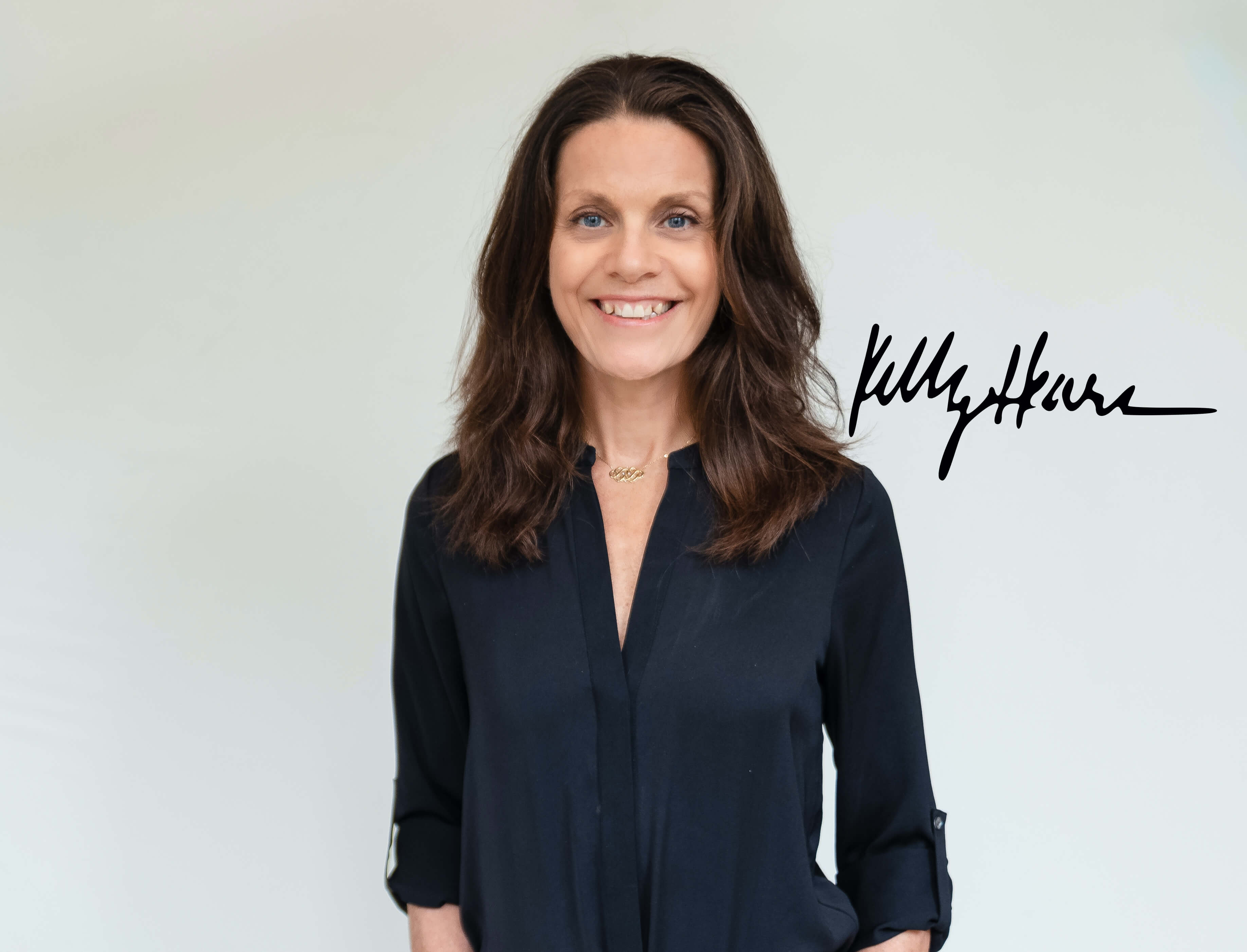Dear Therapist,
I seem to be uneasy in just about every area of my life right now. I find myself bickering with my husband, my children, my work colleagues, just about everyone!
My 'gripes' with them seem small but I notice I'm still left feeling injured on a regular basis and wanting to retreat from pretty much everyone and everything. Am I depressed? Anxious? Both?
Singed,
Feeling fragile
Dear Fragile,
I'm sorry you're feeling unsettled in so many areas of your life just now. You note the discomfort is pervasive, and you consider the specific triggers 'small.' I encourage you to view these feelings in context of the broader backdrop: one where we as a species were not even through the existential threat of a global pandemic before another kicked off with the commencement of war in Europe. Cost of living spikes are starting to bite while enormous societal challenges like climate change, racial injustice, and political divisiveness to name but a few remain enormous issues with no obvious near-term solutions.
All of the above is well-known, but I find in my client work that these global stressors are often kept aside when addressing individual challenges. I've heard numerous versions of your letter in my consulting room or Zoom room these days; I've even clocked a noticeable uptick in neighbourly conflict at the local food stores - customers being downright uncivil to employees - and on the streets where skirmishes erupt with increasing frequency. It seems we are all on edge. With all we are dealing with, is it any wonder?
These are all symptoms that suggest we are collectively operating in chronic high alert, nervous systems jammed in fight or flight survival mode. In this state, everyone and everything can be perceived as a risk. Addressing mental health concerns like anxiety or depression necessitates a more holistic health approach because it isn't just our brains affected by these existential stressors, our entire bodies are activated.
Accordingly, a very practical place to start is by assessing what is going on in our body. Can you first attend to the basics by looking at what might be affecting your sense of dis-ease? Are you sleeping enough? Eating healthily? Moving your body on a daily basis? Watching what toxins you ingest I would include news/social media included here ? These considerations may sound painfully obvious, yet I find many of my clients looking for solutions for their anxiety aren't actively engaged in attending to these basics. Good health requires healthy habits and practices; these aren't 'nice to have when I have time for them,' they are the necessary foundations upon which everything else rests. So see if there are any clear areas of taking care of your body that need attention, whether this means addressing sleep hygiene, your nutrition or other.
In particular, I'd suggest layering in activities that help calm your nervous system by deactivating the hyperactive stress response. Some suggestions include:
● breathing exercises
● movement walking/yoga
● stretching/relaxing muscles that have tensed up in fight or flight mode
● grounding in the five senses taking in sights, smells, sounds etc.
● calming touch massage or self-massage, hugs
● cold water splash to the face, shower or wild swimming if it appeals
● listening to slow tempo music
● prayer, meditation, mantras, quiet contemplation
● connection with others
You can construct your own mental health hygiene routine with some combination of the above, or other activities you know bring you a sense of calm. Get out a blank sheet of paper and write down things that make you feel better in one column and things that make you feel worse in another. Keep this list handy and commit to engaging in a couple of the former per day while working to reduce the latter.
I'd also suggest reframing the many frustrations you are experiencing; experimenting with the idea they are not so much about the precise person or situation but more a reminder that both you and the other are feeling pretty overwhelmed, and that this is coming up in your interactions. We're not feeling okay, and our sub-optimal behaviours are a reflection of this. Accordingly, go gently with yourself and others. Use the uncomfortable experience as a reminder to resource yourself with your healthy habits. We may not be able to arrest the seemingly endless stressors coming our way, but we can take care of ourselves to weather them with a bit more ease.
Yours,

Do you have a question for Dear Therapist? Send it to [email protected] with Dear Therapist in the subject line and Charlotte Fox Weber or Kelly Hearn will get back to you.

